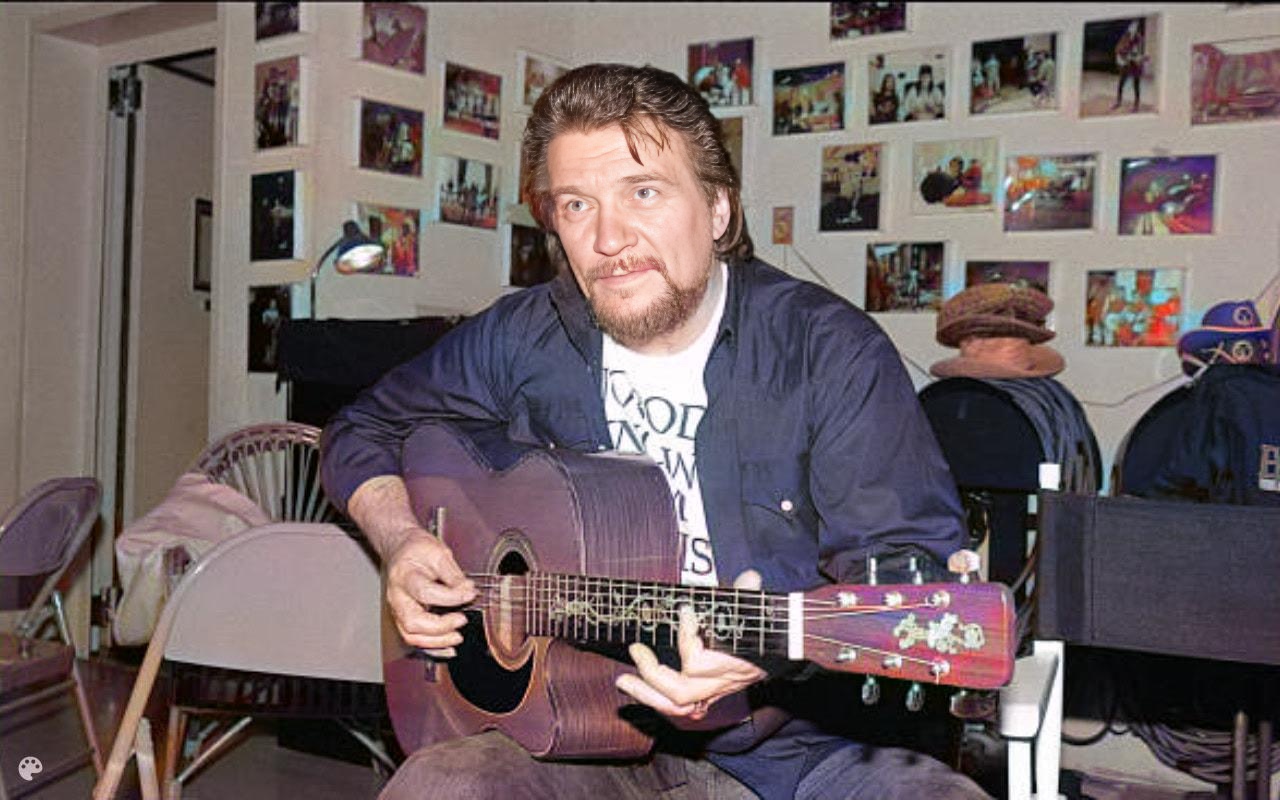
Waylon Jennings, a name synonymous with the Outlaw Country movement, was a force to be reckoned with in the music industry. Rebelling against the polished Nashville sound, Jennings forged his own path, delivering raw, honest music that resonated with a generation. Born in Littlefield, Texas, he rose from humble beginnings to become a country music icon, influencing countless artists with his distinctive baritone voice and rebellious spirit. While he didn’t always dominate the traditional Billboard charts like some of his contemporaries, Jennings’ influence was undeniable. He earned numerous Grammy Awards and Country Music Association Awards throughout his career, cementing his status as a true legend. His music spoke to the disenfranchised, the working class, and those who felt like outsiders.
“Lonesome, On’ry and Mean,” particularly the live version recorded in Texas in 1975, encapsulates the very essence of Waylon Jennings and his outlaw persona. The song, penned by Steve Young, is a powerful declaration of independence and a rejection of societal norms. It’s a defiant anthem about embracing one’s individuality, even if it means being perceived as difficult or undesirable. The lyrics portray a man who’s comfortable in his own skin, unapologetically “lonesome, on’ry and mean,” suggesting a stubborn refusal to conform to expectations.
The live recording from 1975 adds another layer of authenticity to the song. The raw energy of the performance, the gritty vocals, and the enthusiastic roar of the Texas audience all contribute to its impact. Audience feedback from that era and beyond reflects a deep connection with the song’s message. Listeners resonated with the honesty and vulnerability beneath the tough exterior, finding solace in Jennings’ willingness to express his flaws and embrace his unique identity. The song became an anthem for those who felt marginalized or misunderstood, solidifying Waylon Jennings’ reputation as the voice of the outsider.